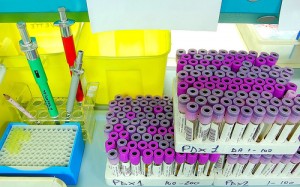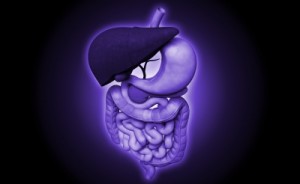Common types of anemia which cause constant fatigue, light-headedness, and dizziness include vitamin B12 deficiency anemia, low iron anemia, or anemia associated with chronic illness. To find out the cause of low red blood cells, it’s important to get diagnosed and receive proper treatment.
Also read Is it Anemia from Vitamin B12 Deficiency, or Low Iron?
Please note: The following information is not medical advice; if you suspect you suffer from anemia, then please speak to a physician immediately.
What are the symptoms of anemia?
Anemia symptoms occur when you’re not able to sustain adequate amounts of red blood cells, carriers of hemoglobin which supply your body with much-needed oxygen. Symptoms of decreased oxygen, hypoxemia, may vary according to severity.
Common symptoms indicating anemia include:
- Chronic, overwhelming fatigue
- Headache
- Dizziness
- Shortness of breath
- Heart palpitations
- Chest pain
- Icy hands and feet
- Pale skin
How is anemia diagnosed?
In order to diagnose anemia, your doctor will need to run a series of tests, including:
- Blood screening for vitamin B12 deficiency
- Complete blood count (CBC)
- Iron level test
- Reticulocyte count
- Bilirubin
- Tests for autoimmune disorders
Can anemia be cured?
In most cases, symptoms of anemia can be treated easily.
If anemia results from a vitamin B12 deficiency, then immediate vitamin B12 supplementation will eventually alleviate fatigue, vertigo, and heart conditions associated with anemia.
Often, treatment for pernicious anemia from low vitamin B12, or for other vitamin deficiencies requires lifelong supplementation, in order to prevent a relapse of anemia symptoms.
Sometimes, anemia is caused by a chronic condition, such as Crohn’s disease, rheumatoid arthritis, or leukemia. In such cases, treatment of the primary illness is necessary for complete recovery, as advised by your physician.
Your turn!
Do you have any questions or suggestions? Please leave your comments below.
Share with your friends!
If you found this article helpful, then please share with your friends, family, and coworkers by email, twitter, or Facebook.
Like this? Read more:
Shocking Must-See Video on Vitamin B12 Deficiency Crisis
Pernicious Anemia and Vitamin B12 Deficiency: Which Causes Which?
Can Vitamin B12 Repair Nerve Cells?
Is it Pernicious Anemia or Multiple Sclerosis? Part 1
Sources:
Understanding Anemia: Types, Symptoms and Treatment
Anemia Causes, Types, Symptoms, Diet, and Treatment
Image courtesy of Goldmund100/flickr









